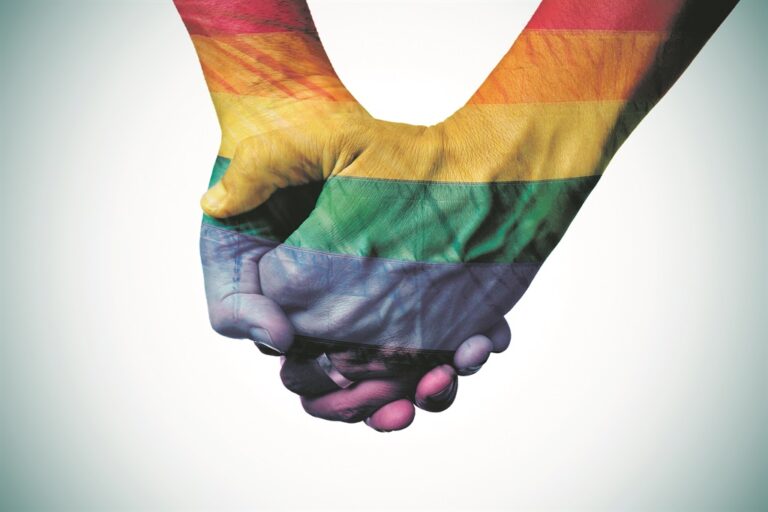On the occasion of International Day Against Homophobia,Transphobia and Biphobia, the European Parliament notes that the prohibition of discrimination and the protection of human rights are important elements of the EU legal order.
Nevertheless, discrimination against lesbian, gay, bisexual, transgender and intersex (LGBTI) persons persists throughout the EU, taking various forms including verbal abuse and physical violence.
Sexual orientation is now recognised in EU law as grounds of discrimination.
However, the scope of these provisions is limited and does not cover social protection, healthcare, education and access to goods and services, leaving LGBTI people particularly vulnerable in these areas.
Moreover, EU competence does not extend to recognition of marital or family status. In this area, national regulations vary, with some Member States offering same-sex couples the right to marry, others allowing alternative forms of registration, and yet others not providing any legal status for same-sex couples. Same-sex couples may or may not have the right to adopt children and to access assisted reproduction.
These divergent legal statuses have implications, for instance, for partners from two Member States with different standards who want to formalise/legalise their relationship or for same-sex couples and their families wishing to move to another Member State.
Combating discrimination has become part of EU internal and external policies, and the subject of numerous resolutions of the European Parliament. However, action in this area remains problematic when it touches on issues pertaining to areas traditionally reserved to Member States, such as marital status and family law
In many EU Member States, lesbian, gay, bisexual, transgender and intersex (LGBTI) people run the risk of discrimination and harassment on a daily basis. Prejudices and misconceptions about homosexuality and transgender people further fuel intolerant attitudes and behaviour towards this community.
The European Union Agency for Fundamental Rights (FRA) has carried out research in this area since 2008, including legal as well as empirical (qualitative) research.
Sexual orientation and gender identity have increasingly been recognised as discrimination grounds in international law. Under EU law, lesbian, bisexual and gay people are currently protected from discrimination on the ground of sexual orientation only in the field of employment.
Meanwhile, transgender people are legally protected from discrimination under EU law on the ground of sex to the extent that discrimination arises from gender reassignment.
FRA research has revealed how LGBTI people face discrimination across all areas of life, and how they are vulnerable to verbal and physical attacks, choosing to remain largely invisible out of fear of negative consequences.
In 2012, some 93,000 LGBTI people responded to an EU-wide survey which FRA carried out to discover the everyday issues affecting LGBTI people. This survey collected comparable data from across the EU on LGBTI people’s experiences of hate crime and discrimination for the first time, as well as their level of awareness about their rights. The survey results were published in May 2013 and gave an indication of the extent of the suffering many LGBTI people face across the EU today.
FRA will soon launch its EU-wide LGBTI survey, seven years after the first one, to capture the experiences of discrimination and hate crime towards LGBTI people.
















